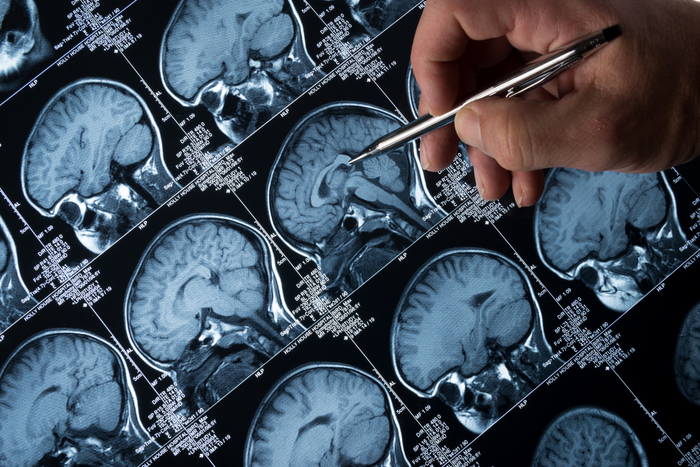The brain may be the target of Covid-19 disease.
This is demonstrated by about 300 scientific studies that report neurological symptoms linked to Sars Cov-2 infection, ranging from headache and lack of smell to memory loss up to strokes, micro ischemias and in rare cases epileptic seizures.
The point is made by
Giulio Maira
, a world-renowned neurosurgeon and former professor of neurosurgery at the Catholic University, who warns his colleagues: "It is important not to underestimate this aspect".
Covid-19 is primarily a respiratory disease but it also attacks other organs, including the nervous system.
"The publications on this are more and more frequent and to date there are already 302 of them on Pubmed. Among the first to demonstrate this is a team of Japanese doctors who had identified edema in the brains of severe patients, due to the inflammation following the immune response. at Sars-Cov-2 ", explains Alessandra Serraino, neurosurgeon of Professor Maira's team.
On the other hand, that Covid-19 has a neurological impact was imaginable even just looking at the studies on other coronaviruses.
Sars, for example, reports an article published in Nature online, has been shown to be able to attack the brain in 0.04% of cases and MERS in 0.2% of cases.
Apparently low percentages but which, considering the very high number of infections from Sars-Cov-2, would be very significant.
And the data, in this regard, are multiplying.
The scientific evidence, Maira points out, "shows that
Covid has a significant effect on the nervous system
: starting with one of the most common symptoms, the loss of smell that affects about 80% of patients and is linked to inflammation of the olfactory nerve. Headache is also very frequent, reported by about 15%, but memory disturbances also affect a not insignificant proportion of patients and persist for a certain period of time even after the tampon has been negatively affected ".
Up to the more serious effects, such as cerebrovascular disorders and ischemic strokes "which affect 2.8% of patients admitted to intensive care, and are due to excessive inflammation and consequent hypercoagulation of the blood induced by inflammation. other cases, on the other hand, may occur cerebral haemorrhages secondary to infection and linked to increased hypertension, caused by a dysfunction of the ace2 receptors. And again, there are cases, although less frequent, of peripheral nervous system disorders caused by demyelination neurons, similar to what occurs with multiple sclerosis. "
The literature even mentions "forms of epilepsy in people who had never suffered from it and memory loss linked to microischemias in the hippocampus area".
In England, a study of 125 people with Covid and neurological symptoms also highlighted cases of confusion and a dozen cases of psychosis, especially in people who were already psychologically fragile.
The
main problem is identifying the mechanism of action of this attack
.
"One of the consistent hypotheses - continues the expert - is that neurological symptoms are a secondary response, not due to the virus entering the brain, but to the consequences of the inflammatory state caused by the infection".
We do not know how long these symptoms last, "but they have also been described after some time since the virus disappeared from the body. A brain MRI - concludes Maira - allows us to understand the situation and the drugs to be taken. The invitation to doctors is to pay close attention to these symptoms ".

